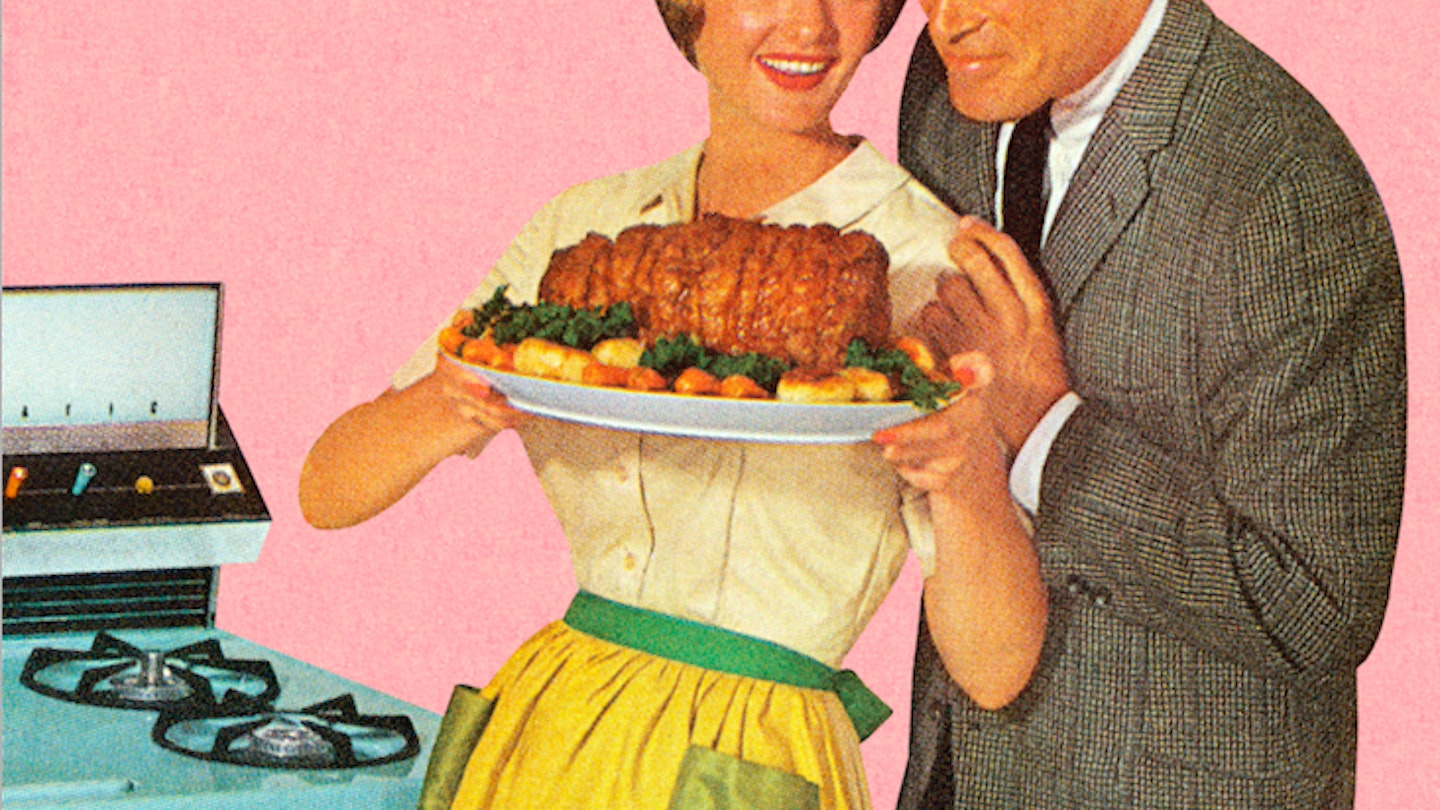If I’d told you a few years ago that one of the most beloved women on Instagram would find fame by having a really clean, very grey kitchen, you might well have laughed in my face. But the year is 2020, and the reality is that Mrs Hinch, and lots of other cleaning influencers, are beloved of the population. If Hinch cleans her loo with a specific bleach, you might well follow suit.
Cleaning is to 2020 what yoga was to 2005 - so perhaps it's no wonder that Jessie J gave a recent interview where she claimed to enjoy cleaning more than she enjoys sex (can't imagine that's been terribly good for Channing Tatum's self-esteem.)
Hinchers, and other fans of cleaning influencers, will tell you that this boom in the world of cleaning is a good thing. After all, why wouldn’t you want to put some shine on something that takes up a sizeable portion of your week? And they’ve got a point. Cleaning is a fact of life, so if someone can come along and sprinkle a bit of Mary Poppins magic on it, where’s the harm?
Only, in a world where women are generally being encouraged to do less unpaid household work rather than more, doesn’t the whole ‘cleaning as a hobby’ thing feel a bit anachronistic?
Women do an average of 26 hours of unpaid domestic labour - excluding emotional labour - per week. Men do an average of 16. You don’t need a degree in statistics and economics to know that those numbers are not fair. It’s often held up as an explanation for the pay gap, as men who do fewer domestic hours of labour often do more paid hours in the office, giving rise to the myth that men earn more because they ‘work harder’.
It’s not much fun to hear that your hobby is problematic, but there is an element of truth in it. Scrubbing the loo might make you feel better after a stressful day, but if all of your relaxation time is dedicated to doing domestic labour then you are adding to those statistics. It’s still your choice - but that choice has a knock-on effect.
A group of women sometimes known as ‘tradwives’ are an allegedly growing online faction who reject the idea of doing anything outside of the home and embrace housework as their entire job. While there are problematic aspects to the idea of women rejecting external work in favour of cooking and cleaning, stay-at-home mums or housewives do have the advantage of focusing entirely on domestic labour, rather than trying to do both housework and paid work.
Like so many other things that can make you happy - sex, food, working out - it’s all well and good until it becomes compulsive.
Talking about doing lots of cleaning inevitably leads into a conversation about obsessive compulsive disorder. While OCD is certainly not limited to cleaning, it’s one of the best known symptoms of the disorder, and critics of cleaning bloggers (many of whom use the expression ‘OCD’ to describe themselves when they actually just mean neat and tidy) argue that they might be encouraging people into troubling OCD habits.
We spoke to Professor Roderick Orner, visiting professor at the University of Lincoln, to whether we should be worried about the rise of hobby cleaning. He told Grazia that it’s less about the amount of cleaning we do, and more about our attitude towards it: ‘If someone is cleaning a lot more than they used to then it is important to ask the question: "what would you be doing instead, if you weren’t cleaning?" If the person has a developed a problematic attitude to cleaning then they will be distressed and upset by the idea that they would be doing something else, or they would be unable to provide an answer. Or they might admit that they would experience feelings of emptiness and sadness if they didn’t clean.’
Professor Orner suggests that if you are left feeling frightened or distressed by not cleaning, your first step is to ask why. He says that you should look for a root cause, deeper than a love of getting things clean. He explains: ‘Cleaning itself is not a problem - the compulsion is the problem. You must ask yourself what is happening in your life which is distressing you so much, and how you can change that. The real issue is what the cleaning replaces.’
It’s easy to understand why the physical exertion and the thrill of the before and after can become addictive. But, like so many other things that can make you happy - sex, food, working out - it’s all well and good until it becomes compulsive. No matter how wholesome your choice of activity is, if it’s all you can think about, and the idea of not doing it scares you, then it is probably a problem.
READ MORE: Stacey Solomon sends IKEA storage sales through the roof
